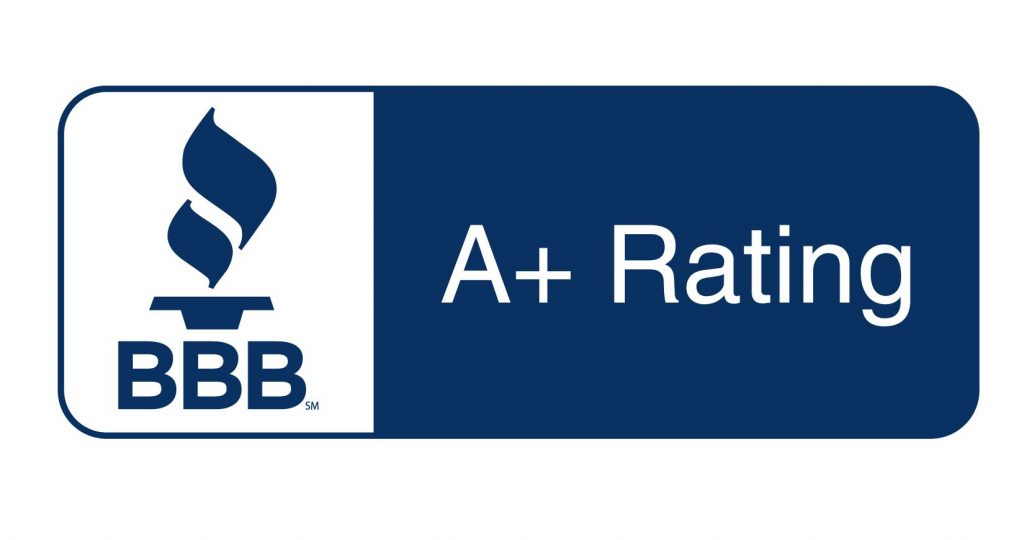We talk a lot about how Medicare works for the majority of beneficiaries – those who “age into” the program when they turn 65 years old. What we don’t address as often are situations that involve Medicare and Social Security disability benefits. Today, we’re going to review some general information about how Medicare works for those on disability and take a look at some more common situations.
What Is Social Security Disability Insurance?
Supplemental Security Income (SSI) and Social Security Disability Insurance (SSDI) are two programs that provide financial assistance to individuals who meet certain requirements for disability.
SSDI pays you (and sometimes certain family members) if you are eligible for the program’s insurance. Individuals are eligible if they have worked long enough and paid Social Security taxes on their earnings. SSI is similar, but individuals must also have limited income and resources to qualify. The disability requirements of both programs are the same. If an individual also meets the nonmedical requirements, benefits are paid if they have a health condition that is projected to last at least one year or result in their death.
You must apply for SSDI or SSI through the Social Security Administration. You’ll need to create a “my Social Security” account and then provide some information about your work history, education and training, medical records, health professionals, and hospitals. Their website has created a helpful checklist to ensure you have all the information you need to submit an application.

What Does Medicare Have to Do with Social Security Disability?
So, where does Medicare come into this? Generally speaking, once an individual has been receiving disability income for 24 months, they are enrolled in Medicare. Medicare coverage will be effective on the first day of the 25th month of coverage. Some people may qualify for Medicare sooner, which is often the case for those with amyotrophic lateral sclerosis (ALS) and end-stage renal disease (ESRD).
In some cases, previous months of disability may be considered in the 24-month Medicare qualifying period. This applies when the new disability starts:
- Within 60 months after the termination of disability benefits; or
- Within 84 months after the termination of a disabled widow’s or widower’s disability benefits; or
- At any time if the current disability is the same as or related to the previous disability entitlement.
Medicare enrollment for those receiving SSDI or SSI will be automatic. Medicare Part A will remain premium-free for those who qualify, but there is a monthly premium for Part B. (Beneficiaries are allowed to waive their coverage under either, but they must have Part A if they want to enroll in Part B.) In addition to Original Medicare, individuals can choose to enroll in a Medicare Supplement or Medicare Advantage plan to increase their insurance benefits.
How Does Medicare Work for Working Beneficiaries with Disabilities?
Not everyone will remain on disability insurance for the rest of their lives. In addition, individuals can choose to work and remain on SSDI or SSI so long as their income does not exceed certain thresholds. However, this may impact how Medicare works with their benefits.
Every beneficiary is given 93 months of coverage under Parts A and B after their nine-month trial work period, assuming they still have a disabling impairment. This allows for health insurance while the person re-enters the workforce and adjusts to the new activity. This is true even if the person is no longer receiving disability income.
Those who are no longer receiving disability income after the 93 months have lapsed will no longer receive premium-free insurance. Beneficiaries can choose to purchase Medicare if they still have the qualifying disability and will need to make those payments every three months. Individuals with disabilities and limited incomes can apply for financial assistance to help with their Medicare premiums. Contact your State Social Services and ask about the Medicare buy-in program for Qualified Disabled Working Individuals.
If you have additional questions about how Medicare works with Social Security Disability, call the team at Carolina Senior Benefits. Our licensed agents are experts in all things Medicare and can help you determine if you’re eligible for benefits.





